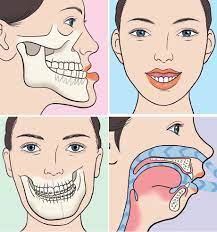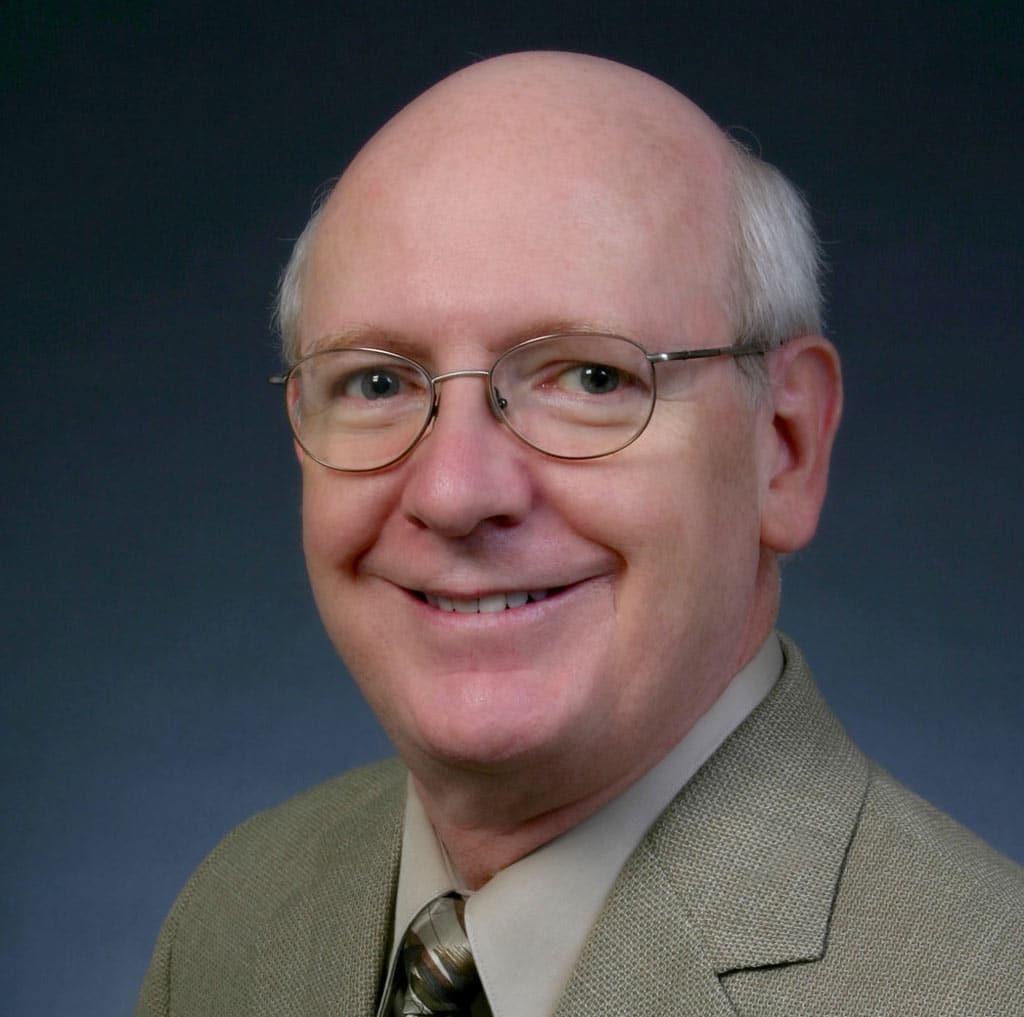Maxillofacial surgery is a specialized field that focuses on treating conditions and injuries related to the face, jaw, and mouth. There are several reasons why patients may choose to undergo maxillofacial surgery, ranging from correcting facial deformities to improving oral function. In this guide, we will explore the various reasons why individuals opt for this procedure and the benefits it can provide.
Correcting Facial Deformities:
Maxillofacial surgery is often chosen by patients who have facial deformities, such as cleft lip and palate, jaw misalignment, or facial asymmetry. This surgery can help improve their appearance and boost their self-confidence.
Facial deformities can have a significant impact on a person’s self-esteem and overall quality of life. Maxillofacial surgery offers a solution for individuals with conditions such as cleft lip and palate, jaw misalignment, or facial asymmetry. By correcting these deformities, patients can experience a transformation in their appearance and regain their self-confidence. Maxillofacial surgeons have the expertise to reshape and reposition the facial bones, resulting in a more balanced and harmonious facial structure. This not only improves the physical appearance but also enhances the functionality of the jaw and mouth, allowing for better oral health and improved speech.
Improving Oral Function:
Patients with severe dental problems, such as missing teeth or a misaligned bite, may choose maxillofacial surgery to improve their oral function. This surgery can help them chew and speak properly, enhancing their overall quality of life.
Maxillofacial surgery can address issues such as missing teeth, overcrowding, and misaligned bites, which can greatly impact a person’s ability to chew and speak properly. By correcting these dental problems, patients can experience improved oral function and overall quality of life. This can also have a positive impact on their self-esteem and confidence, as they no longer have to worry about the appearance or functionality of their teeth and jaw. Maxillofacial surgeons have the skills and expertise to perform complex dental procedures, such as dental implants and orthognathic surgery, to help patients achieve optimal oral function and aesthetics.
Treating Temporomandibular Joint (TMJ) Disorders:
TMJ disorders can cause pain and discomfort in the jaw joint and surrounding muscles. Maxillofacial surgery can be an effective treatment option for patients suffering from severe TMJ disorders, helping to alleviate their symptoms and improve jaw function.
TMJ disorders can cause a range of symptoms, including jaw pain, headaches, difficulty chewing, and clicking or popping sounds in the jaw joint. These disorders can be caused by a variety of factors, such as jaw misalignment, teeth grinding, or arthritis. Maxillofacial surgery can be an effective treatment option for patients with severe TMJ disorders that do not respond to more conservative treatments. Surgery may involve realigning the jaw joint, removing damaged tissue, or repairing any structural abnormalities. By addressing the underlying cause of the TMJ disorder, maxillofacial surgery can help alleviate pain and discomfort and improve jaw function for patients.
Addressing Sleep Apnea and Snoring:
Maxillofacial surgery can also be used to treat sleep apnea and snoring. By repositioning the jaw or removing excess tissue, this surgery can help open up the airway and improve breathing during sleep, leading to better sleep quality and reduced daytime fatigue.
Sleep apnea and snoring are common sleep disorders that can have a significant impact on a person’s quality of life. Sleep apnea is characterized by pauses in breathing during sleep, while snoring is the result of the vibration of tissues in the airway. Both conditions can disrupt sleep and lead to daytime fatigue, as well as increase the risk of other health problems such as high blood pressure and heart disease.
Maxillofacial surgery can be an effective treatment option for sleep apnea and snoring. By repositioning the jaw or removing excess tissue, this surgery can help open up the airway and improve breathing during sleep. This can lead to better sleep quality and reduced daytime fatigue.
It’s important to note that maxillofacial surgery is typically considered a last resort for sleep apnea and snoring, after other conservative treatments have been tried and proven ineffective. These may include lifestyle changes, such as weight loss or avoiding alcohol and sedatives before bed, as well as the use of continuous positive airway pressure (CPAP) machines or oral appliances.
If you or a loved one is experiencing sleep apnea or snoring, it’s important to consult with a healthcare professional to determine the best course of treatment. They can assess your specific situation and recommend the most appropriate treatment options, which may include maxillofacial surgery.
Correcting Facial Trauma:
Patients who have experienced facial trauma, such as fractures or injuries to the jaw, may require maxillofacial surgery to repair and reconstruct the affected area. This surgery can help restore both the function and aesthetics of the face, allowing patients to regain their normal appearance and oral function.
Facial trauma can occur as a result of accidents, sports injuries, or physical altercations. In some cases, the bones of the face may become fractured or displaced, leading to difficulty with eating, speaking, and breathing. Maxillofacial surgery can help to realign and stabilize the bones, allowing for proper healing and restoring normal function.
In addition to repairing fractures, maxillofacial surgery can also address other types of facial trauma, such as soft tissue injuries or damage to the teeth and gums. This may involve suturing wounds, removing damaged tissue, or performing dental procedures to restore the integrity of the mouth.
Overall, maxillofacial surgery plays a crucial role in correcting facial trauma and helping patients regain their quality of life. It is important for individuals who have experienced facial trauma to seek prompt medical attention and consult with a maxillofacial surgeon to determine the most appropriate treatment plan.






